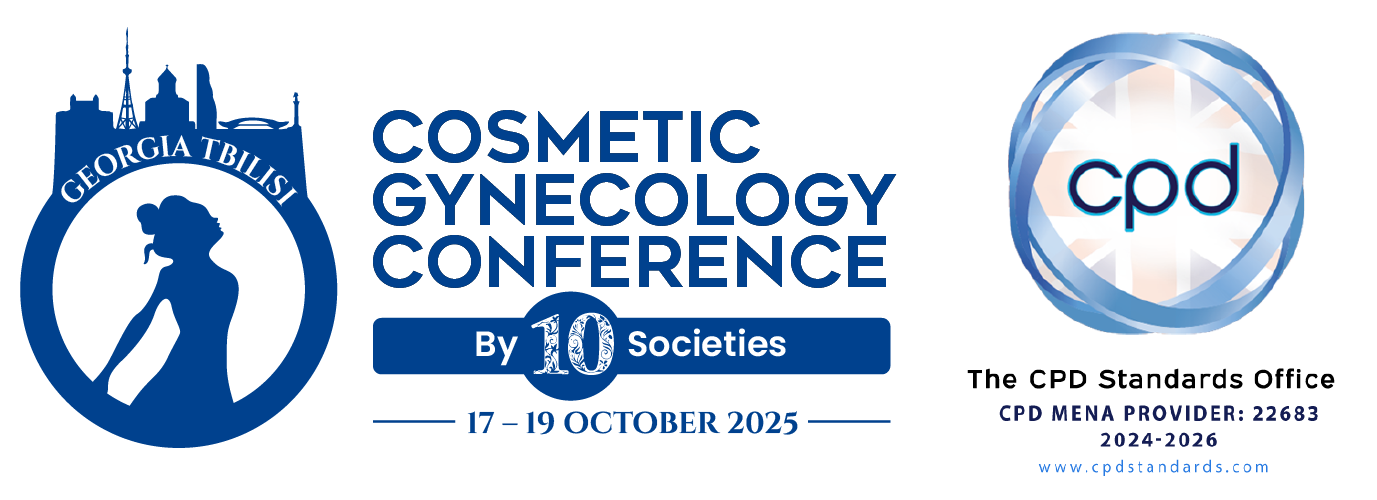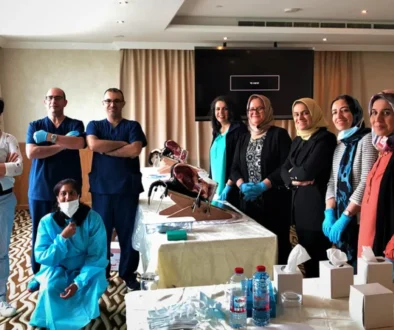The Importance of CME Training in Advancing Gynecology and Obstetrics Careers
In today’s fast-paced medical field, CME training, also known as continuing medical education training, is more important than ever for professional growth, especially in the areas of gynecology and obstetrics. Whether you’re pursuing a certificate in gynecology and obstetrics, exploring various CME training courses, or preparing for gynecology certification, ongoing professional development is more than a requirement—it makes you proficient at what you do. With increasing innovation in women’s health, aesthetic techniques, and minimally invasive procedures, continuous upskilling through CME courses has become essential for maintaining competence, confidence, and compliance. This is especially important for those who attend conferences like the Cosmetic Gynecology Conference, where hands-on learning and updated protocols empower clinical growth.
Why CME Training Matters in Today’s Gynecology and Obstetrics Landscape
The evolution of gynecologic medicine has been extraordinary. New treatment methods, patient demands, and technology now define the daily experiences of OB-GYNs. CME training ensures that professionals don’t just keep up—they lead the way.
Participating in continuing medical education training offers physicians the opportunity to:
- Stay updated on evolving clinical practices
- Learn advanced surgical and non-surgical techniques
- Meet licensure and certification requirements
- Enhance diagnostic accuracy and treatment efficacy
By enrolling in CME training courses, clinicians bridge the gap between what they learned in residency and the real-time advances shaping women’s health care today. Moreover, from managing reproductive disorders to offering cosmetic gynecology services, knowledge is your most powerful tool.
Unlocking New Horizons Through CME Training Courses
For ambitious practitioners, CME courses act as launchpads to specialization. They are designed not just to update theoretical knowledge but also to introduce emerging technologies and patient-centered approaches in gynecology and obstetrics.

Some of the most in-demand areas covered in CME training courses include:
- Cosmetic gynecology and vulvovaginal aesthetics
- Hysteroscopic and laparoscopic procedures
- Menopause management
- Fertility enhancement methods
- Pelvic floor reconstruction
Courses aligned with gynecology certification and certificate in gynecology and obstetrics requirements are typically offered through an in-person workshop combination of online modules and live surgeries. Moreover, attending specialized medical conferences is one of the most effective ways to complete these training programs.
A great example is the Cosmetic Gynecology Conference, where professionals not only earn CME credits but also engage in skill-enhancing workshops led by industry pioneers.
The Role of Certificate in Gynecology and Obstetrics Programs
Earning a certificate in gynecology and obstetrics boosts a clinician’s credibility. It shows they’ve taken the extra step to stay current and gives patients and employers more confidence in their skills.
These certification programs often involve:
- Didactic sessions on anatomy, pathology, and treatment protocols
- Hands-on clinical exposure in aesthetic gynecology
- Ethical considerations and patient communication
- Assessments to ensure practical application of knowledge
They serve as stepping stones toward gynecology certification and are especially important for those branching into subspecialties or private practice.
Advancing with Gynecology Certification
Obtaining gynecology certification is more than a career achievement; it is a life-changing professional evolution. This credential opens up opportunities in both clinical and academic settings, providing recognition of surgical competence and cosmetic procedures.
For example, certification in cosmetic gynecology not only brings professional credibility to a clinician but also allows him or her to offer treatments that meet the growing demand for aesthetic solutions like labiaplasty, vaginoplasty, and PRP therapy. Through the synergies of CME training and certification, OB-GYNs can diversify their services, expand their clientele, and stand out in competitive healthcare markets.
Attending the Cosmetic Gynecology Conference: A Strategic Career Move
One of the best ways to integrate all these learning elements—CME training courses, skill acquisition, and professional networking—is by attending a well-curated medical conference. The Cosmetic Gynecology Conference is a premier platform where gynecologists, surgeons, and healthcare experts gather to share the latest advancements in the sector.
Key benefits of attending include:
- Earn valuable CME credits through hands-on sessions
- Access internationally recognized CME courses
- Participate in live demonstrations and Q&A with experts
- Fast-track your journey toward gynecology certification
The conference not only satisfies the learning component of continuing medical education training but also provides real-time clinical exposure that online programs alone cannot deliver.
FAQs: CME Training and Gynecology Certification
CME training, which stands for Continuing Medical Education, is vital for OB-GYNs as it keeps them current with the latest treatments, technologies, and guidelines, making it essential for safe and effective patient care.
A: Yes, most gynecology certification bodies require evidence of completed CME courses as part of their eligibility criteria.
A: Look for programs accredited by recognized medical boards and offering both theoretical and practical components. Attending the Cosmetic Gynecology Conference is a great place to start.
A: Yes, many CME training courses offer online modules. However, hands-on learning is highly recommended, especially in surgical and aesthetic gynecology.
A: CME courses focus on specific updates or techniques, whereas a certificate in gynecology and obstetrics is a full program certifying broad clinical proficiency.
Conclusion: Invest in Your Future with CME Training
As the field of women’s health continues to expand, the importance of CME training cannot be overstated. Regardless of whether you wish to enhance your clinical practice, achieve gynecology certification, or earn a certificate in gynecology and obstetrics, embracing continuing medical education training is a strategic move that ensures long-term professional growth.
Ready to take your next step? Don’t miss the upcoming Cosmetic Gynecology Conference—a one-stop destination for top-tier CME training courses, certifications, and peer networking. Elevate your career, one credit at a time.





